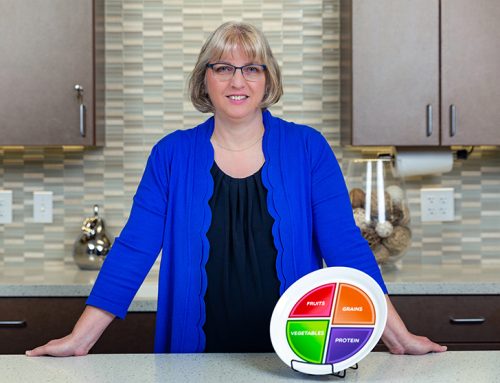By: Katie Snyder
College can be stressful. Whether you are going to a local community college, attending a nearby university, or moving across the country, beginning undergraduate education can be a big change for both parents and teens. While it’s liberating and often said to be the best years of your life, for many students, the new found independence can also feel overwhelming.
“The transition can sometimes be an extreme shock to a teenager,” said Leslie Bloom, CEO at DrugFreeAZ.org. “Adjusting to a new environment, communal living situations and juggling academic and social pressures isn’t easy.”
From activities, classes and managing time between family and friends, this transition period is often used by students to establish a college identity and social network. Without a parent to really guide them, it’s not uncommon for first-year students to find themselves faced with unhealthy or dangerous choices to relax and take their mind off of school.
“Students often find themselves up against tough decisions — one of which is dealing with stress and standing up to decisions and pressures to do drugs or consume alcohol,” said Bloom.
So, what can parents do?
“Encourage your student to use school resources for guidance,” said Bloom. “There are many resources on campus to help freshman and other young adults with their questions about dealing with stress and other pressures from school – including those about drugs and alcohol.”
Many schools offer free counseling services without referrals, where students can learn more about stress and stress management. In addition, school guidance counselors can connect students with tutors or possible local groups and clubs that can help with school work as well as those that promote healthy, substance free activities on campus.
“Knowing about these groups and clubs can provide a healthy alternative for students and keep them from turning to unhealthy or dangerous ways to relax,” said Bloom.
Bloom also suggests parents talk often with their teen.
“Keep in contact with your teenager,” said Bloom. “Ask them about their classes and about what else they have going on, the college environment, and who they are hanging out with.”
According to DrugFreeAZ.org, teens whose parents keep open lines of communication and talk early and often are less likely to get involved in unhealthy, dangerous activities like drugs and alcohol.
“Also, don’t be afraid to talk to your teen about being prepared to handle unhealthy, substance-related situations,” said Bloom. “Use real life scenarios and practice them with your teen, this way they have an idea of what’s coming and how to respond under pressure in a way they feel comfortable with.”
Other suggestions for keeping your teen healthy and safe:
- Staying active is important to mental health too, so encourage teens to exercise regularly.
- To maintain a healthy weight, remind students to eat regular regularly and keep a balanced and nutritious diet.
- Encourage your teen to develop healthy relationships–which includes personal and romantic relationships.
- Remind your teen that you are always available for them and can come get them at any time.
“Even though college is a time when many parents allow their child to be more independent, it’s still important parents have the help be there to answer questions and guide their child to make healthy, smart choices,” said Bloom.
To help ease the transition to college, Bloom suggests parents get involved in parenting classes workshops.
“Participating in these types of workshops are good ways for parents to learn how to better understand and talk to their child during a time when they are experiencing more freedom,” said Bloom.
DrugFreeAz.org offers a variety of different classes, workshops and webinars that allow parents to connect with other parents that might be facing similar challenges. The DrugFreeAz.org programs are a great way to learn how to guide your children to make healthy decisions.
For more tips and information about the classes and workshops offered, visit DrugFreeAZ.org.





